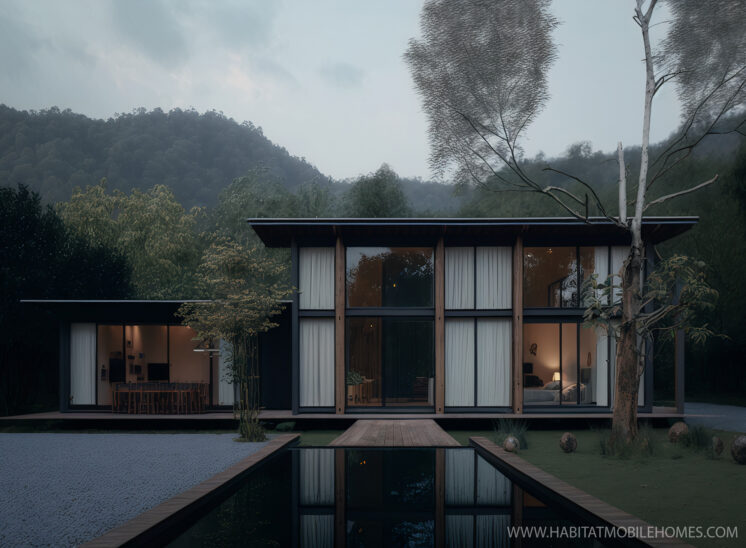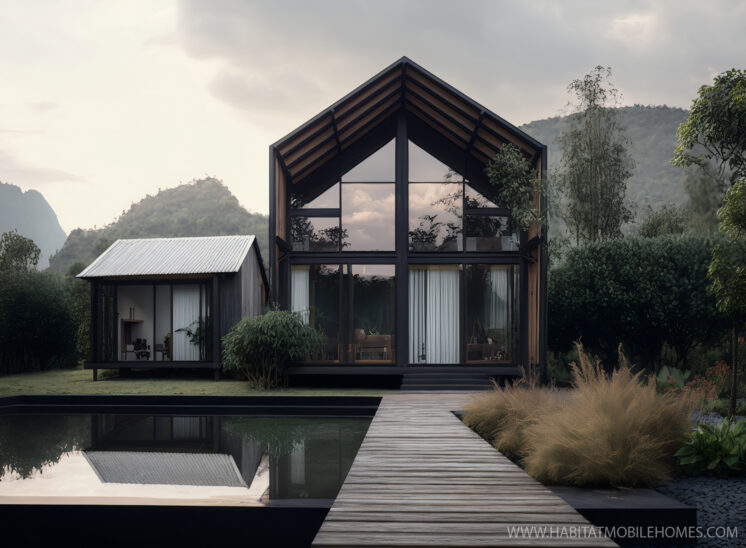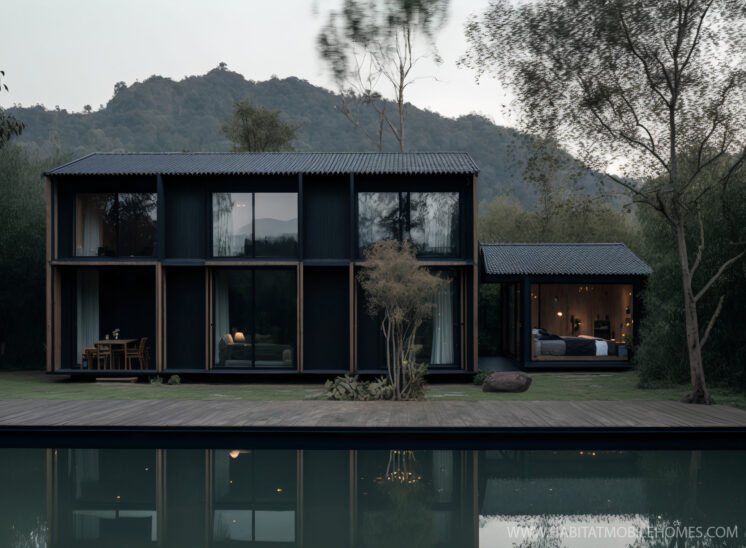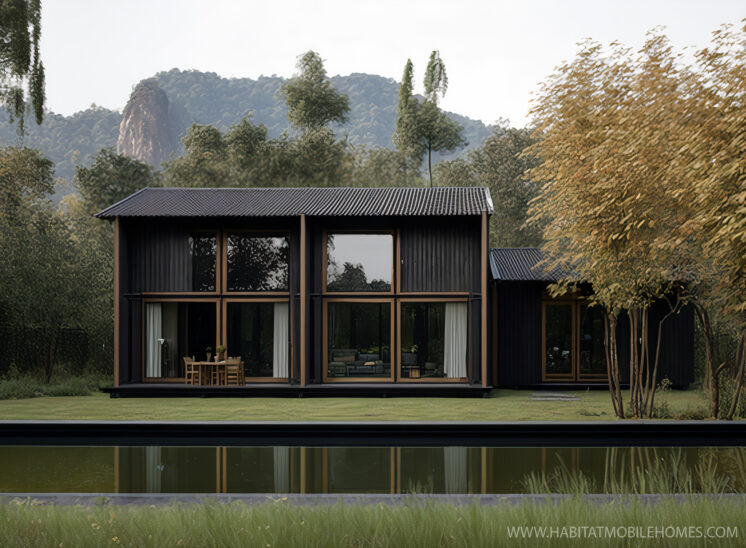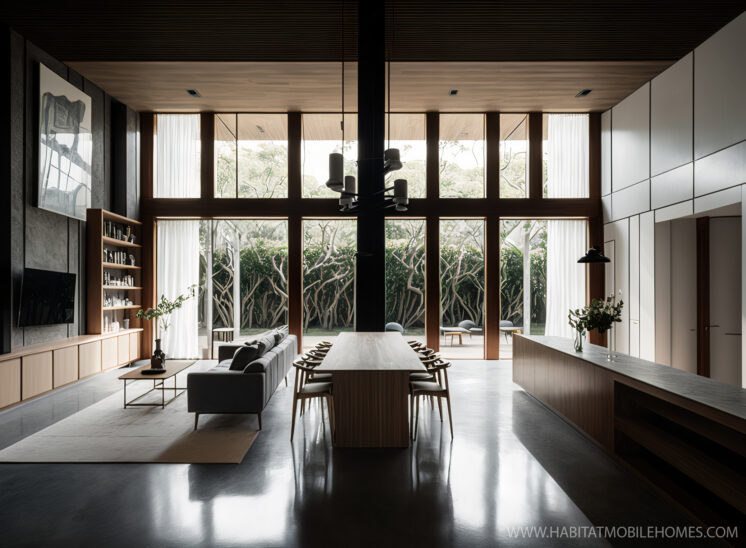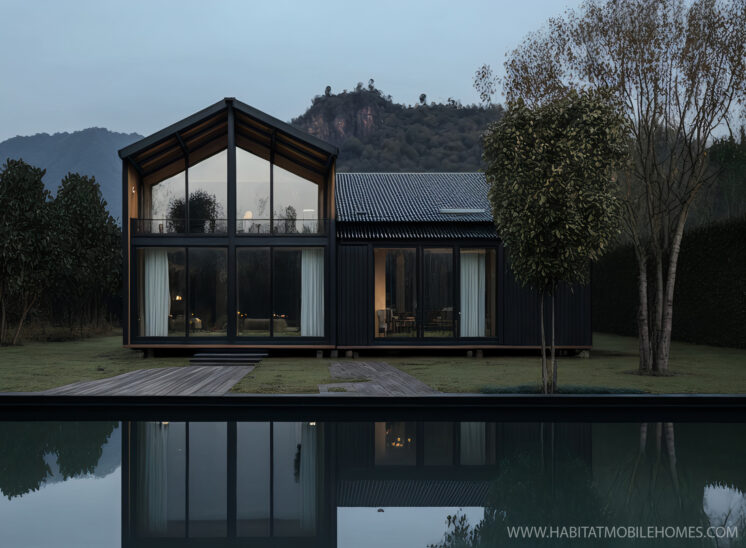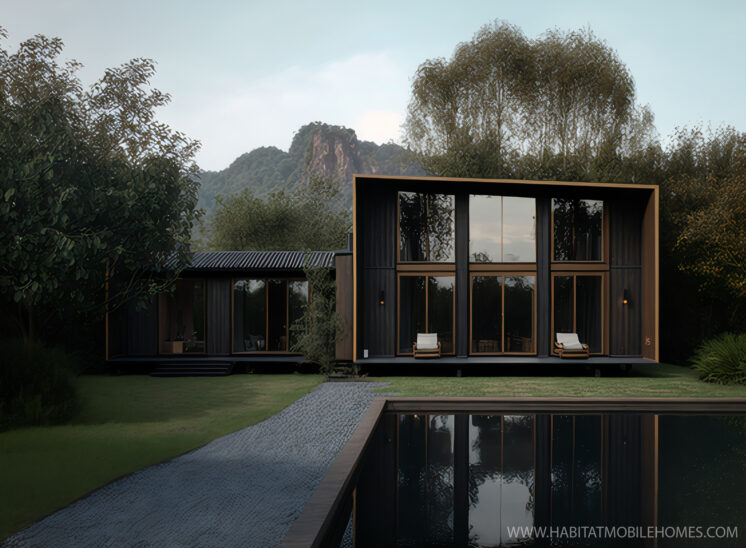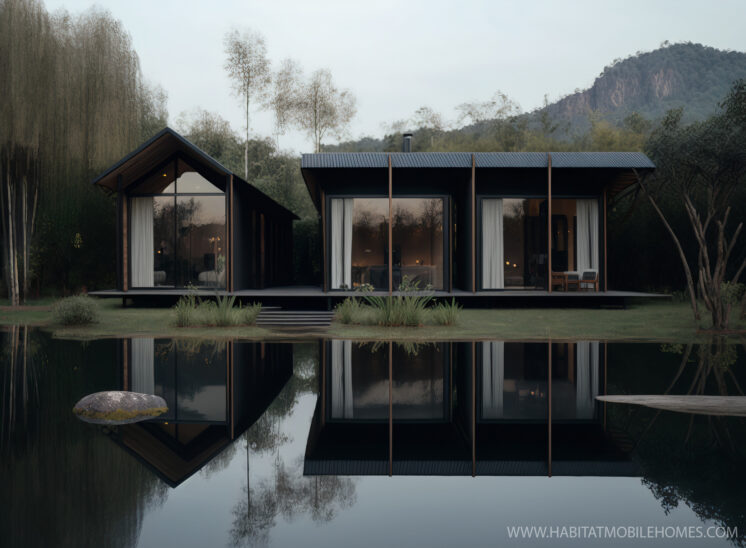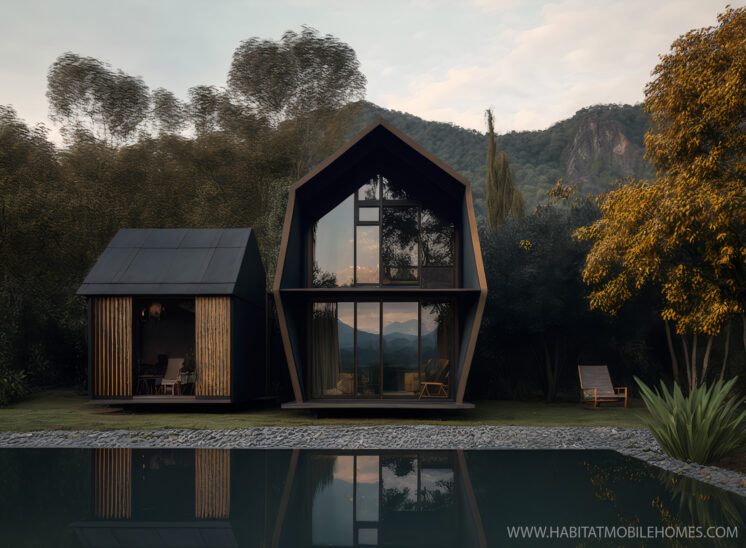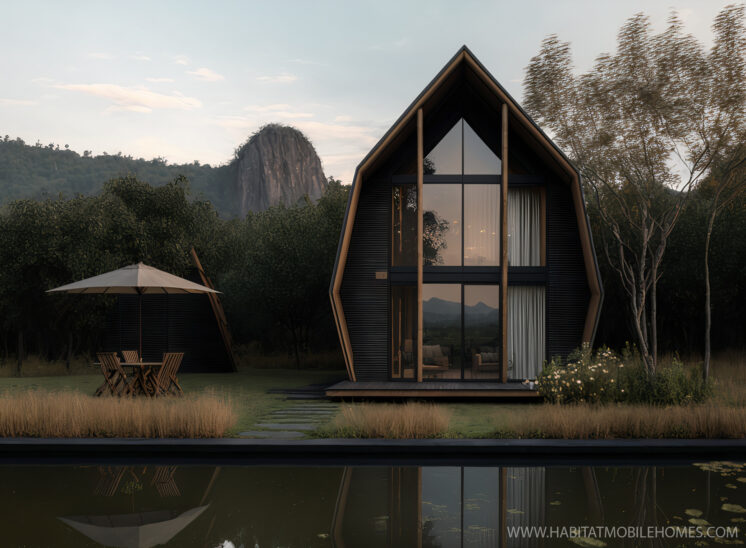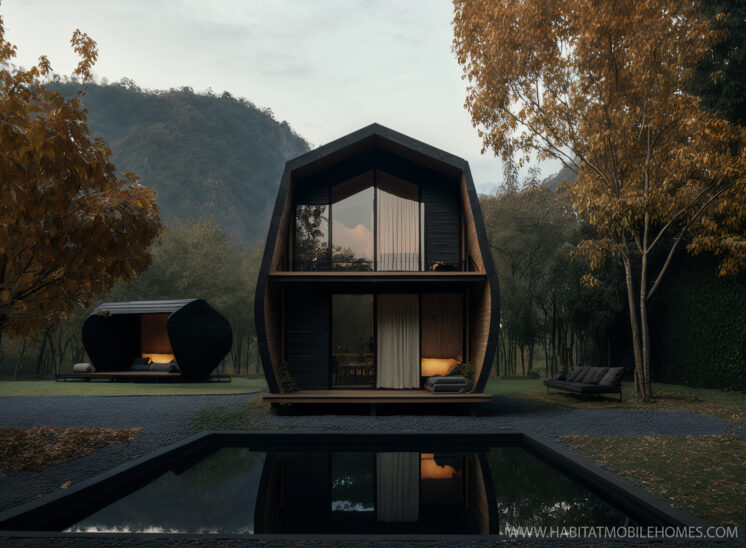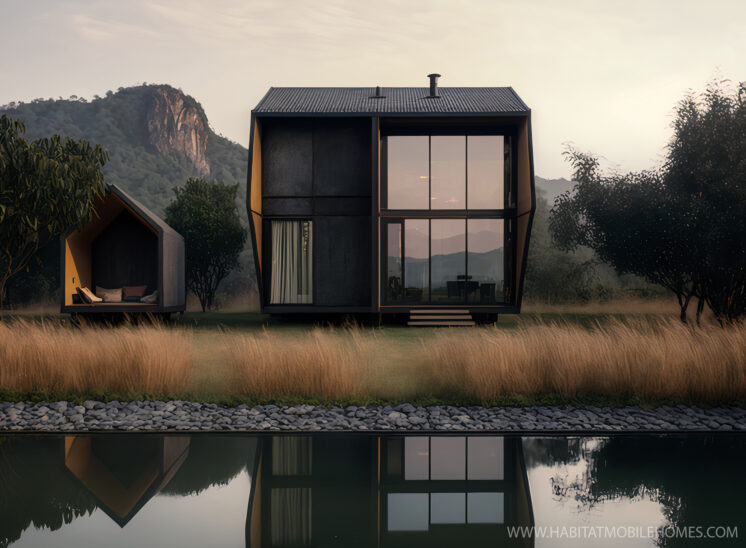Zen Retreats - Bringing Eastern Philosophy to Your Home
In the modern world, it can be difficult to take a moment for yourself and relax. Even when we are home, we’re often still connected to our work emails and social media accounts. That’s why Zen Retreat is here—to bring Eastern-inspired design and zen principles into your life with their new range of twin unit mobile homes and timber frame buildings. Let’s explore the zen influence in these homes!
Zen Retreats have a unique design that brings elements of eastern culture right into your home. The exteriors feature curved lines and clean, minimalist details that are inspired by traditional Asian architecture. Furthermore, the interiors are spacious yet cozy, with an emphasis on natural wood accents that provide warmth to any room. It truly feels like you’ve stepped into another world!
Zen Principles in Houses
The most important part of Zen Retreats is how they incorporate zen principles into every aspect of their design. From the use of natural materials to open floor plans that encourage mindful living, these homes make it easy to practice zen without leaving your own home. Furthermore, each home has a feature called ‘The Sanctuary’ which is designed specifically as a space for meditation and reflection. This is the perfect way to disconnect from the stresses of everyday life and reconnect with yourself!
If you’re looking for a unique way to bring Eastern philosophy into your daily life, look no further than Zen Retreats. With their carefully crafted designs, these twin unit mobile homes and timber frame buildings will provide you with an escape from the hustle and bustle of everyday life while still being conveniently located in your own backyard. So go ahead—take some time for yourself with Zen Retreats!
What is the 56 camping day rule?
If you're a farmer or landowner in the UK and you're considering setting up a campsite on your land, you may be wondering about the 56 camping day rule. This rule allows landowners to operate a campsite on their land for up to 56 days per year without needing to apply for planning permission.
The 56 camping day rule was introduced as part of the government's efforts to boost the rural economy and promote rural tourism. It was originally set at 28 days per year, but was temporarily extended to 56 days in 2020 and 2021 in response to the COVID-19 pandemic.
However, it's important to note that the 56 day rule only applies to campsites on agricultural land. If your land is not primarily used for agriculture, you will need to apply for planning permission to operate a campsite.
It's also worth noting that the 56 day rule only applies to camping, not caravanning or other forms of accommodation. If you want to offer caravanning or other accommodation options on your land, you will need to apply for planning permission.
Additionally, the 56 day rule does not override any other legal requirements or regulations, such as health and safety regulations or licensing requirements for selling food and alcohol.
Overall, the 56 camping day rule can be a useful tool for farmers and landowners looking to diversify their income streams and promote rural tourism. However, it's important to make sure you comply with all relevant regulations and obtain any necessary permits or licenses before setting up a campsite on your land.
Understanding the 56-Day Camping Rule for Farmers and Landowners in the UK
Farmers and landowners in the UK have long been allowed to operate a campsite on their land for a limited period without applying for planning permission. This is commonly known as the "28-day rule," which allows landowners to use their land for temporary camping and caravanning for up to 28 days in a year.
However, in 2020 and 2021, the UK government extended the rule to 56 days to help rural communities recover from the impact of the COVID-19 pandemic. The move was seen as a way of providing additional income for farmers and landowners who were struggling due to the closure of businesses and a decline in tourism.
The 56-day rule means that farmers and landowners can now operate a campsite on their land for up to 56 days in a calendar year without the need to apply for planning permission. This extension applies to England, Wales, and Scotland.
It is important to note that the 56-day rule only applies to temporary campsites and not to permanent caravan sites. Landowners who wish to use their land for permanent caravan sites or other commercial purposes must obtain planning permission from their local council.
There are also restrictions on the type of camping allowed under the 56-day rule. The land must not be used for residential purposes, and campers must not create a nuisance to local residents or damage the environment. In addition, farmers and landowners must ensure that their land is safe and suitable for camping, with proper access, facilities, and waste disposal.
In summary, the 56-day camping rule offers an excellent opportunity for farmers and landowners to earn extra income by providing temporary camping facilities on their land. However, it is essential to comply with all regulations and ensure that the land is suitable for camping. By doing so, landowners can enjoy the benefits of rural tourism while protecting the environment and respecting the needs of local communities.

